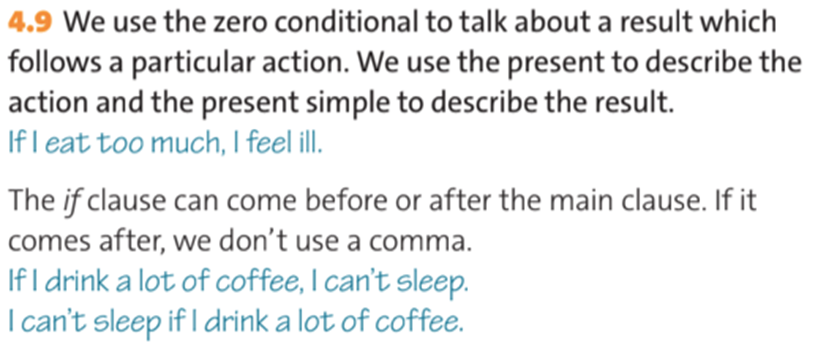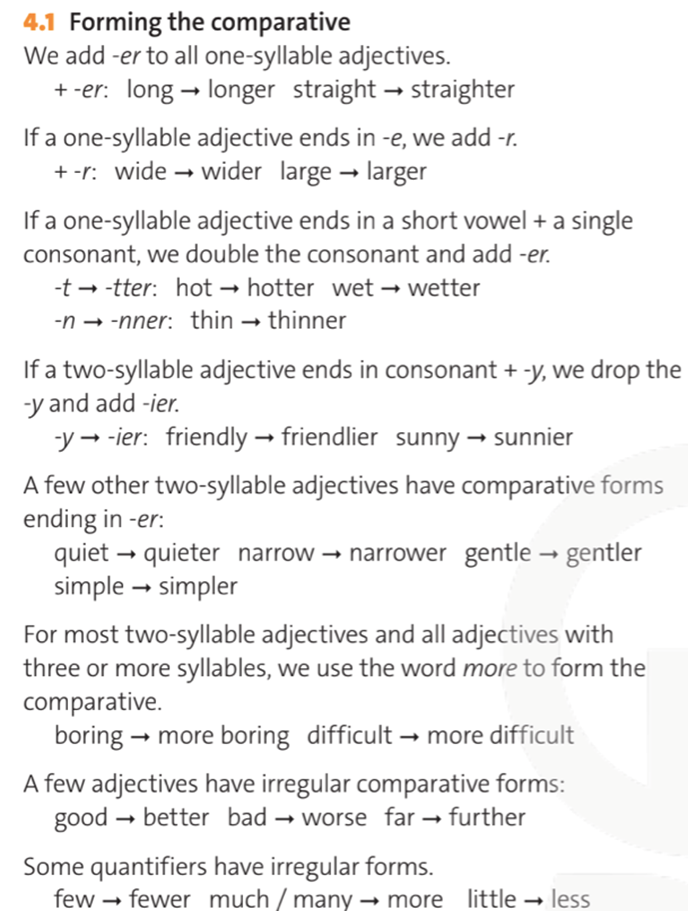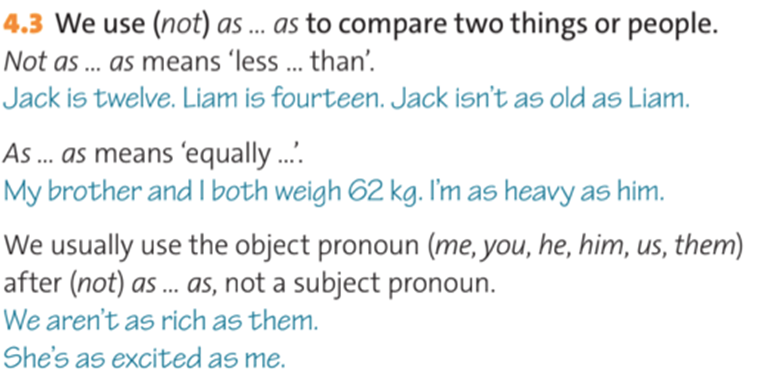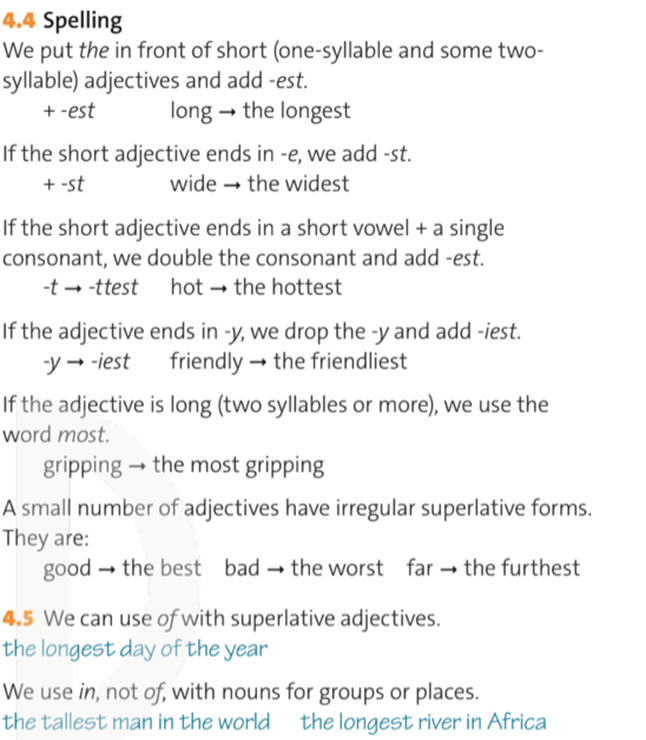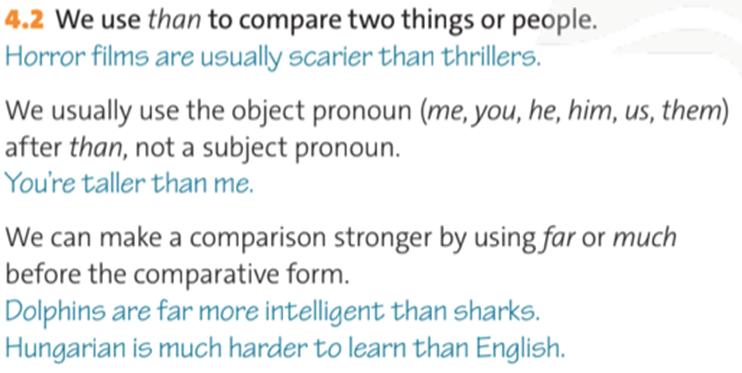Trả lời:
 Giải bởi Vietjack
Giải bởi Vietjack
Hướng dẫn dịch:
- Ta sử dụng điều kiện loại 0 để nói về một kết quả sau một hành động cụ thể. Chúng ta sử dụng thì hiện tại để mô tả hành động và thì hiện tại đơn để mô tả kết quả.
Nếu tôi ăn quá nhiều, tôi sẽ cảm thấy buồn nôn.
- Mệnh đề if có thể đứng trước hoặc sau mệnh đề chính. Nếu nó đứng sau, ta không dùng dấu phẩy.
Nếu tôi uống nhiều cà phê, tôi không thể ngủ được.
Tôi không thể ngủ nếu tôi uống nhiều cà phê.
Hướng dẫn dịch:
- Ta sử dụng điều kiện loại 0 để nói về một kết quả sau một hành động cụ thể. Chúng ta sử dụng thì hiện tại để mô tả hành động và thì hiện tại đơn để mô tả kết quả.
Nếu tôi ăn quá nhiều, tôi sẽ cảm thấy buồn nôn.
- Mệnh đề if có thể đứng trước hoặc sau mệnh đề chính. Nếu nó đứng sau, ta không dùng dấu phẩy.
Nếu tôi uống nhiều cà phê, tôi không thể ngủ được.
Tôi không thể ngủ nếu tôi uống nhiều cà phê.

